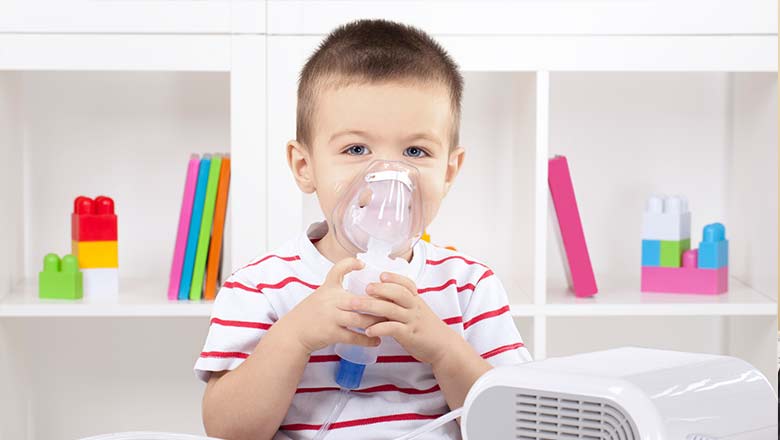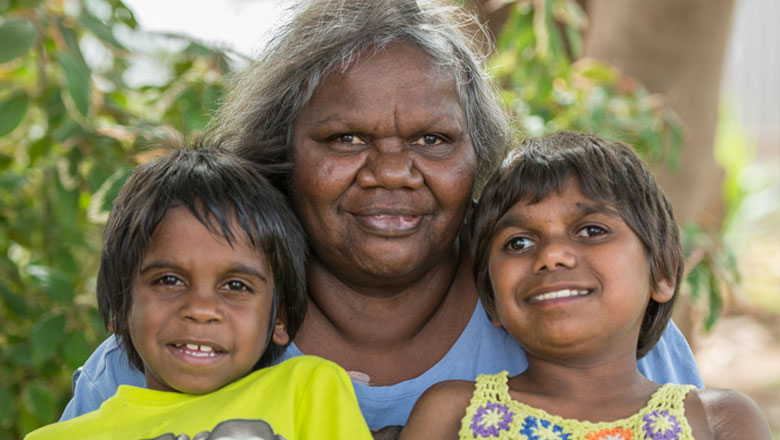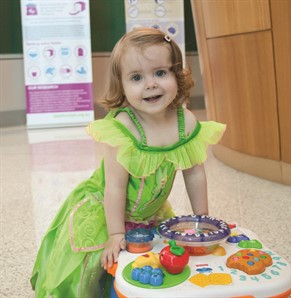Search
Showing results for "Au"

News & Events
The Kids Research Institute Australia researcher awarded prestigious Eureka prizeA The Kids Research Institute Australia researcher who is part of an international research project working to understand how our genes keep us healthy has been awarded an Au

News & Events
Funding boost to improve anaesthesia safety for kids with asthmaTelethon Kids Institute and the PMH Anaesthesia Research Team will work to improve the safety for young children with asthma undergoing general anaesthesia.

News & Events
Exploring resilience as a pathway to Aboriginal young people's healthCan resilience improve health outcomes in Aboriginal young people? That question will be explored by The Kids Research Institute Australia researcher Clair Scrine.
News & Events
Older maternal age linked to mental health symptoms in daughtersResearchers at The Kids Research Institute Australia have found daughters born to older mothers have higher rates of some mental health problems.

News & Events
New study recommends changes to cystic fibrosis monitoring in young childrenA new Australian study that looked at the long term impacts of early lung infections in young kids with cystic fibrosis has recommended changes to monitoring
News & Events
Experts Pledge Global Assault on Kids’ CancerA global plan to tackle one of the most aggressive types of childhood brain tumours will be developed as a result of a meeting of international experts in WA.
News & Events
New study shows that environment during pregnancy affects babies' immune developmentResearch from Telethon Institute for Child Health Research has shown that children born in modern industrialised environments have more responsive immune
News & Events
New study links alcohol in pregnancy to child behaviour problemsResearch has found evidence that the amount and timing of alcohol consumption in pregnancy affects child behaviour in different ways
News & Events
Rett syndrome research reveals high fracture riskGirls and young women with Rett syndrome are nearly four times more likely to suffer a fracture.
News & Events
Infection takes high toll in young childrenA new study has found that infectious diseases are the most common reason that children under two years of age are admitted to hospital.
